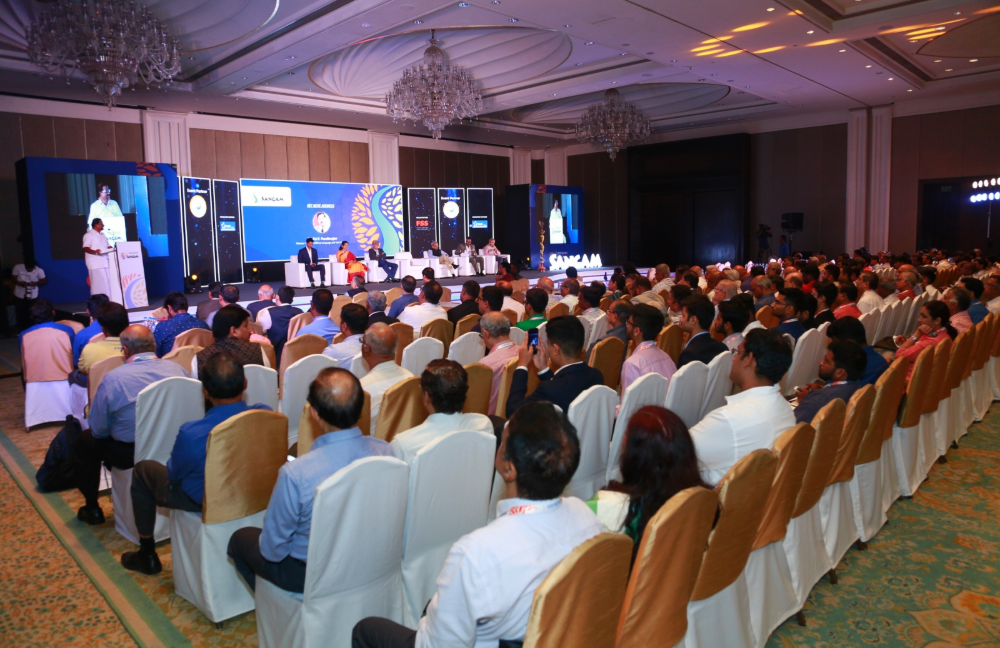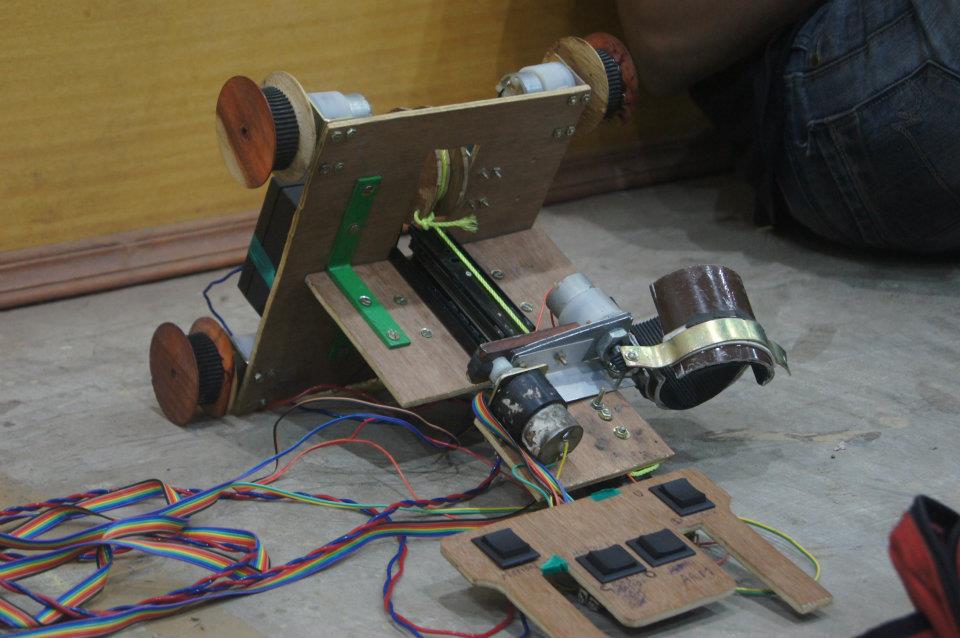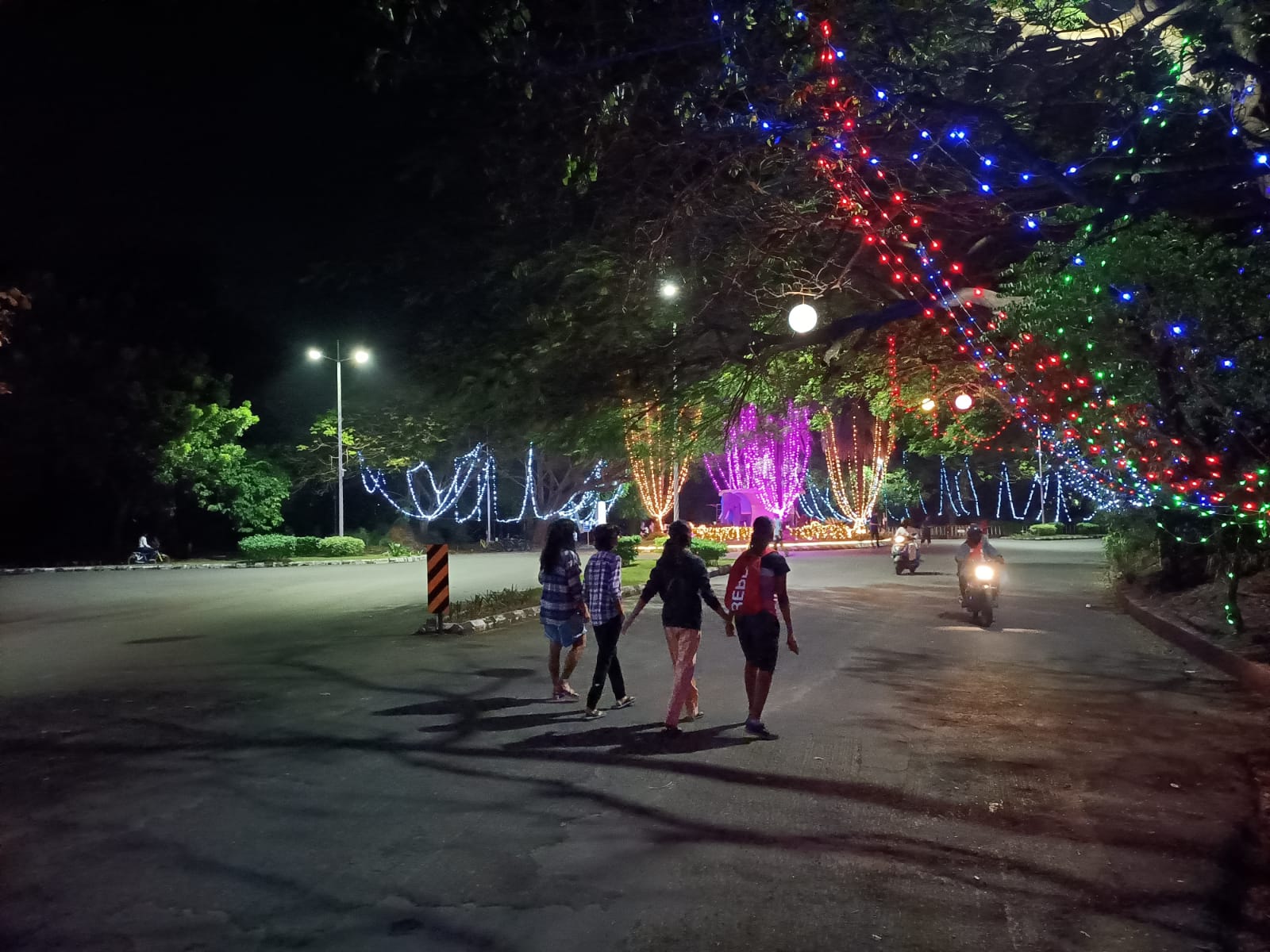This article is a report on one of the five panel discussions at the 2019 IITMAA Sangam Confluence. The following article appears in an abridged form here.
As India marches towards becoming a global economic superpower by 2030, one of the pressing issues which needs to be addressed is inclusiveness of technology. This panel discussion was based on leveraging technology for all and delivering societal impact. Has technology truly penetrated across the length and breadth of our country? The numbers say a resounding NO. There is a clear divide between the tele-density in urban and rural areas; while urban areas have a whopping 160%, the rural areas of our country stand at a meagre 59%. Addressing similar issues, the goal of the discussion was to put things into perspective as to how to incorporate digital inclusion, bridging the digital gender divide and harnessing digital health care as a part of the larger scheme of things in the run up to our vision for 2030.
The panel boasted of distinguished speakers from diverse technological backgrounds. It started off with the moderator, Prof.Mahesh Panchagnula from IIT Madras, putting his views across. He emphasized on how “Technology for All” is not limited to information technology, but other forms like Agricultural Technology, technology in Health Care and Education Technology as well. Talking of inclusivity, he told that our motive should be driven by making technology accessible to even the last deserving person of India, and only then can we actually consider that a success. Broadening the canvas, “India is a microcosm of the world, and what we develop here might help a vast multitude of people in developing third world countries”.
Santhosh Misra, Commissioner of E Governance, Government of Tamil Nadu, explained how the Government of Tamil Nadu has come up with a cutting edge zero cost attendance recognition system, which could be implemented in schools across Tamil Nadu and how this could regulate the status quo,with regard to the attendance system. Another challenge to technological inclusivity, according to Mr.Misra are language barriers and he shared an anecdote on how confusions arose, when translating from English to vernacular languages.
According to Mrs. Sapna Poti, Vice President, IIT Madras Development Office, the problem is with finding the right problem to solve. “Most people end up spending a major chunk of their precious time on problems which are not so socially relevant. Channelising our focus after choosing the right problem statement is paramount. The next step is to demonstrate a working prototype that could address the burning issues. An organised set up could actually lend a big helping hand in alleviating the problems that we are discussing.”
Next to speak was Mr.P Anandan, CEO of Wadhwani AI. The Wadhwani Institute for Artificial Intelligence is focusing on developing innovative AI based solutions for the underserved. He gave an example of how they exploited Computer Vision, the same kind of technology which recognises faces to classify bugs and how this went far in assisting farmers who face a lot of losses otherwise. He also highlighted how AI could solve problems in healthcare too, and how this can go a long way in rolling out digital health-care curated for the rural population.
Dr. S Aravind, Chief Medical Officer, Aravind Eye Hospital, Chennai seconded Mr.Anandan on the impact of technology on the healthcare industry. Stating some recent advancements in health-tech, he said that the accuracy of identifying diseases has leapfrogged ever since technology came into the picture. “Technology has solved the problem of manual errors that could have otherwise potentially crept in during the treatment process”. He was in praise for the doctors in the Indian eye care scene, and shared some numbers to prove the same. He said, measures have to be taken to increase digital health access in other fields of medicine as well : such as preventing neonatal mortality. He concluded by stating that it was not possible to over-emphasize the advantage that recognising the early-onset of a disease gives in improving the chances of cure.
After hearing all viewpoints, the audience began to express their ideas to implement these changes that could truly lead us on the path to digital inclusiveness.



